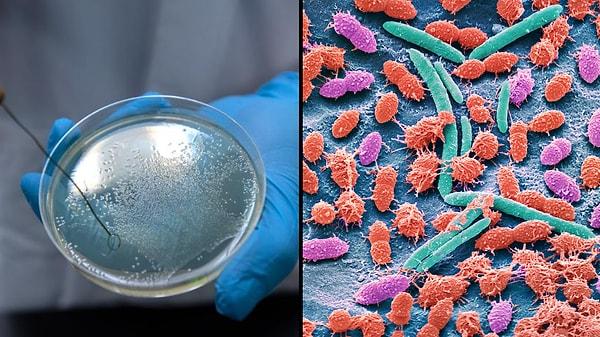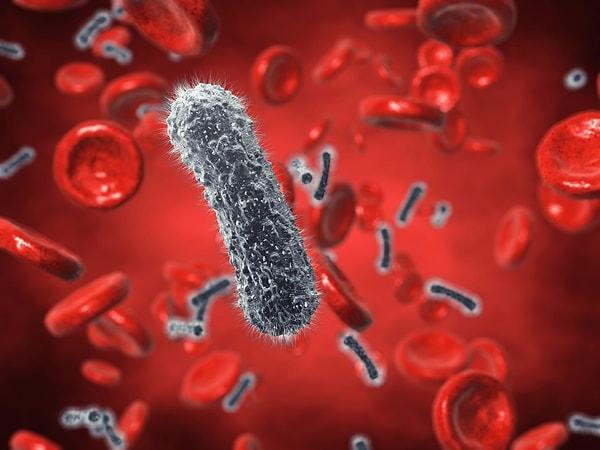Scientists Discover 'Vampire Bacteria' Feeding on Human Blood
Researchers at Washington State University have made a fascinating discovery while studying infection formation in the bloodstream. They found that bacteria like Salmonella and E. coli exhibit a shark-like reflex, targeting human blood and feeding on it. This revelation sheds light on a previously unknown aspect of bacterial behavior and its implications for human health.
Scroll Down to Continue

Advertisement
Siena Glenn, the research lead at Washington State University (WSU), highlighted that Salmonella, Escherichia coli, and Citrobacter koseri, three deadly bacteria, display a "bacterial vampirism" characteristic by targeting human blood.

These single-celled microorganisms demonstrate a vampiric tendency towards human blood.
Scroll Down to Continue

Advertisement
It was noted that bacteria, especially in individuals with intestinal diseases, can enter the bloodstream through cuts in the digestive system.

Glenn mentioned that these bacteria can detect substances in human blood in as little as one minute.
Glenn suggested that after understanding how bacteria reach their blood sources, suitable drugs could be developed, potentially leading to healthier outcomes for individuals at risk of bloodstream infections.

The results of the study were published in the science journal 'eLife.'
Scroll Down for Comments and Reactions

Advertisement
Keşfet ile ziyaret ettiğin tüm kategorileri tek akışta gör!


Send Comment